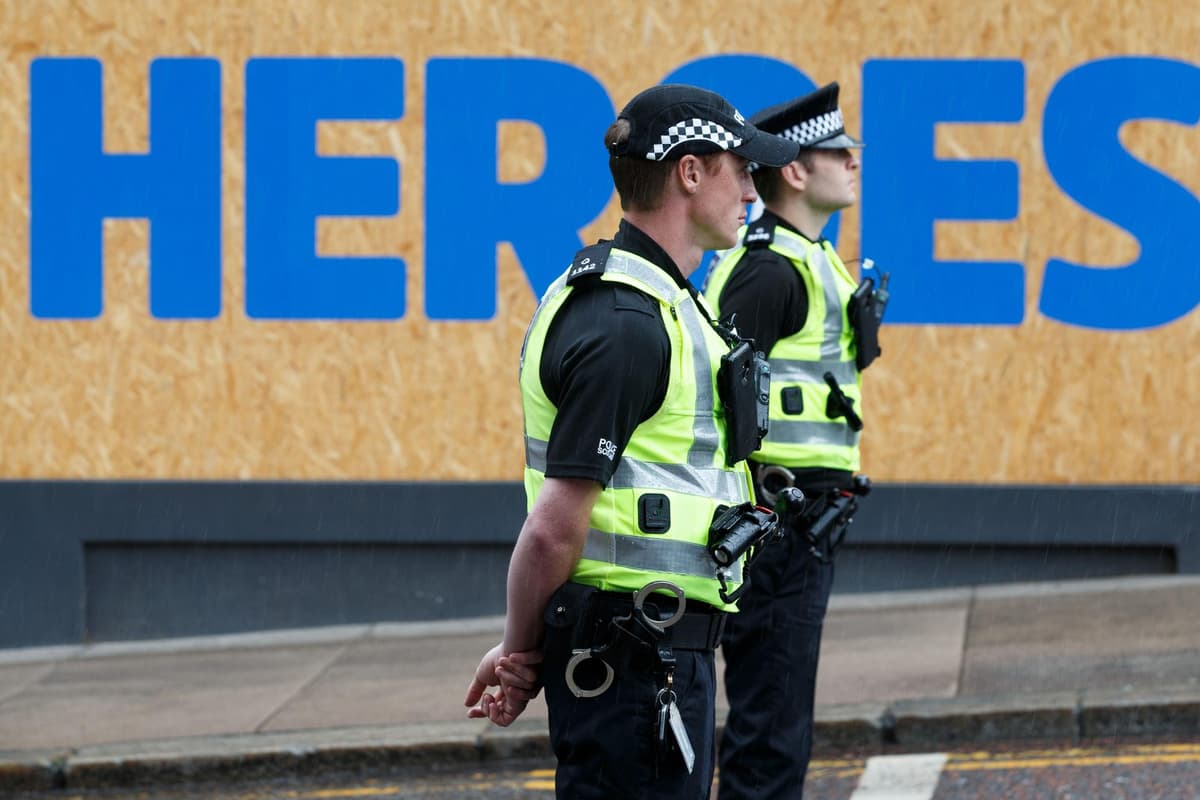There are plans for a school violence summit this autumn to talk about some of the challenging behaviour in classrooms that has hit the headlines recently. It’s a difficult time for all involved. Teachers engaging with young people in a post-Covid pandemic world see the impact of the most extraordinary time in recent history on our young people’s well-being and behaviour.
It's worth remembering that violence in young people can be the manifestation of deeper problems: issues at home, frustration, anger, an inability to self-express and so much more. There is also self-directed violence – self-harm and suicide, which is the fourth leading cause of death for 15 to 19-year-olds. I hope the summit talks about that too.
When John Carnochan and I started the Violence Reduction Unit, we recognised that young people are victims of crime also – in the home through violence or sexual abuse or in the community. We wanted them to be able to approach a known person, someone who they recognised and who would act on their behalf. Young people don’t tend to phone 101 or 999 or turn up at a police station front counter, and we wanted them to know that the police were there for them too. Hence campus police officers were introduced.
Young people lead often complicated, stressful lives, and may not have someone to speak to in their lives. A police inspector I met this week, told me he was one of the first campus officers attached to schools in Scotland. The narrative around these ‘campus cops’ has got lost in some reporting over the years.


